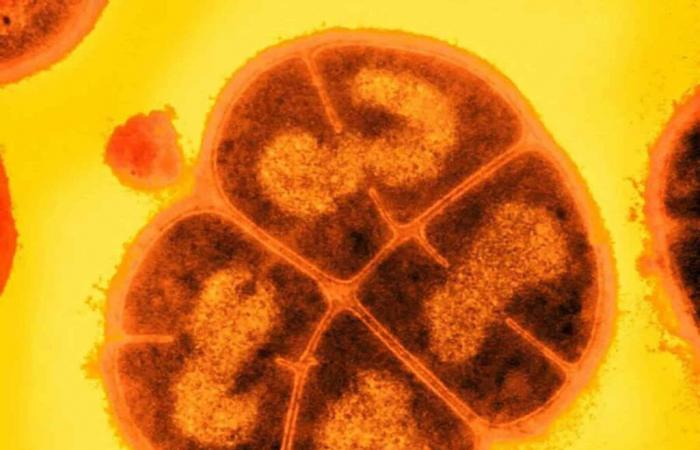As humanity adapts to major challenges such as pandemics, climate crises and rapid advances in artificial intelligence, a new threat could emerge from a still little-explored area: that of “mirror life forms”. “. A collective of 40 internationally renowned scientists is warning of the risks posed by these synthetic biological creations.
What are mirror bacteria?
Mirror bacteria are a fascinating but potentially dangerous concept. Natural molecules present in all living things have an asymmetric configuration, called chirality. This asymmetry is similar to the difference between a left hand and a right hand: they are similar but not superimposable.
Synthetic biology researchers have demonstrated that it is possible to manufacture “mirror molecules”. These inverted versions cannot interact with natural biological systems. In theory, this opens up promising prospects, particularly in the development of more stable drugs or new industrial applications.
However, there are serious concerns about creating entire organisms made of these molecules, such as mirror bacteria.
A risk to existing biological systems
Mirror bacteria could escape all natural control mechanisms. Our immune systems, designed to recognize and fight traditional pathogens, would be unable to identify and eliminate them.
“The current living world does not have any tools to neutralize these foreign life forms,” explains Oleg Melnyk, researcher at the CNRS. “A mirror bacteria introduced into the environment could have catastrophic consequences for living beings,” he adds.
Why create these life forms?
Despite the dangers, some researchers are considering promising applications:
- Health : Mirror proteins could make it possible to design drug treatments resistant to natural degradation.
- Perfumery : Mirror molecules, having unique olfactory properties, could revolutionize the flavor industry.
- Basic research : Understanding why life on Earth chose a certain chirality rather than another could shed light on the mysteries of evolution.
Unfortunately, these benefits do not seem to justify the colossal risks associated with the proliferation of uncontrollable synthetic organisms.
An early warning bell
According to Gregory Winter, Nobel Prize winner in chemistry in 2018, the development of a functional mirror bacteria could be a reality within a decade. Although this deadline seems ambitious, rapid progress in biotechnology makes this hypothesis plausible.
“We must debate the ethical issues and risks before these organisms become a reality,” specifies Yasmine Belkaid, immunologist and director of the Pasteur Institute.
Solutions to prevent risks
Faced with this potential danger, several measures are proposed:
- Strict regulations : Impose international restrictions on the creation of mirror life forms.
- Scientific transparency : Encourage researchers to share their work to better identify risks.
- Public awareness : Inform citizens of the issues related to these new technologies.
Conclusion: a future to watch closely
The creation of mirror bacteria illustrates the complex dilemmas posed by scientific advances. While some applications could benefit society, the risks to the overall ecosystem remain immense. It is crucial that policymakers, scientists and civil society work together to anticipate the consequences and avoid any irreparable pitfalls.






